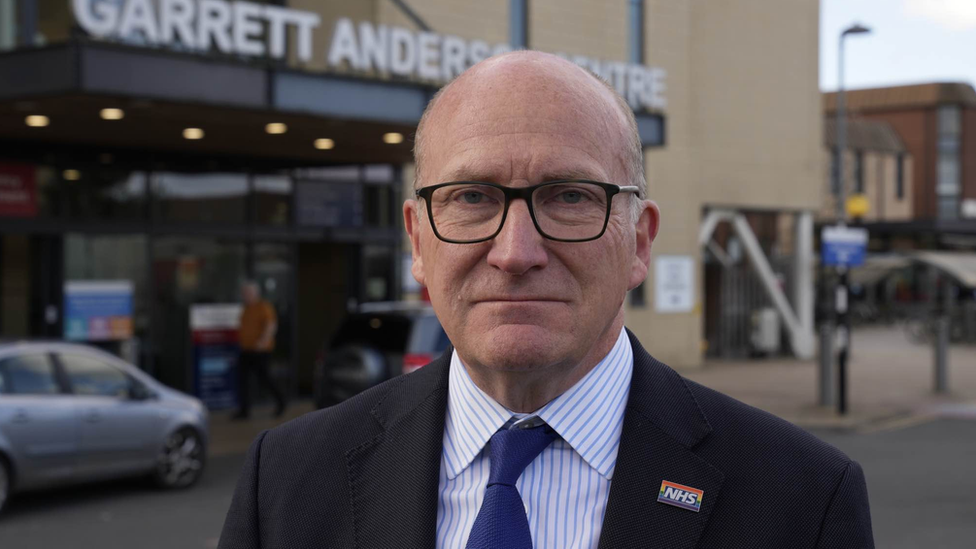Hospital strike 'a nightmare', says patient
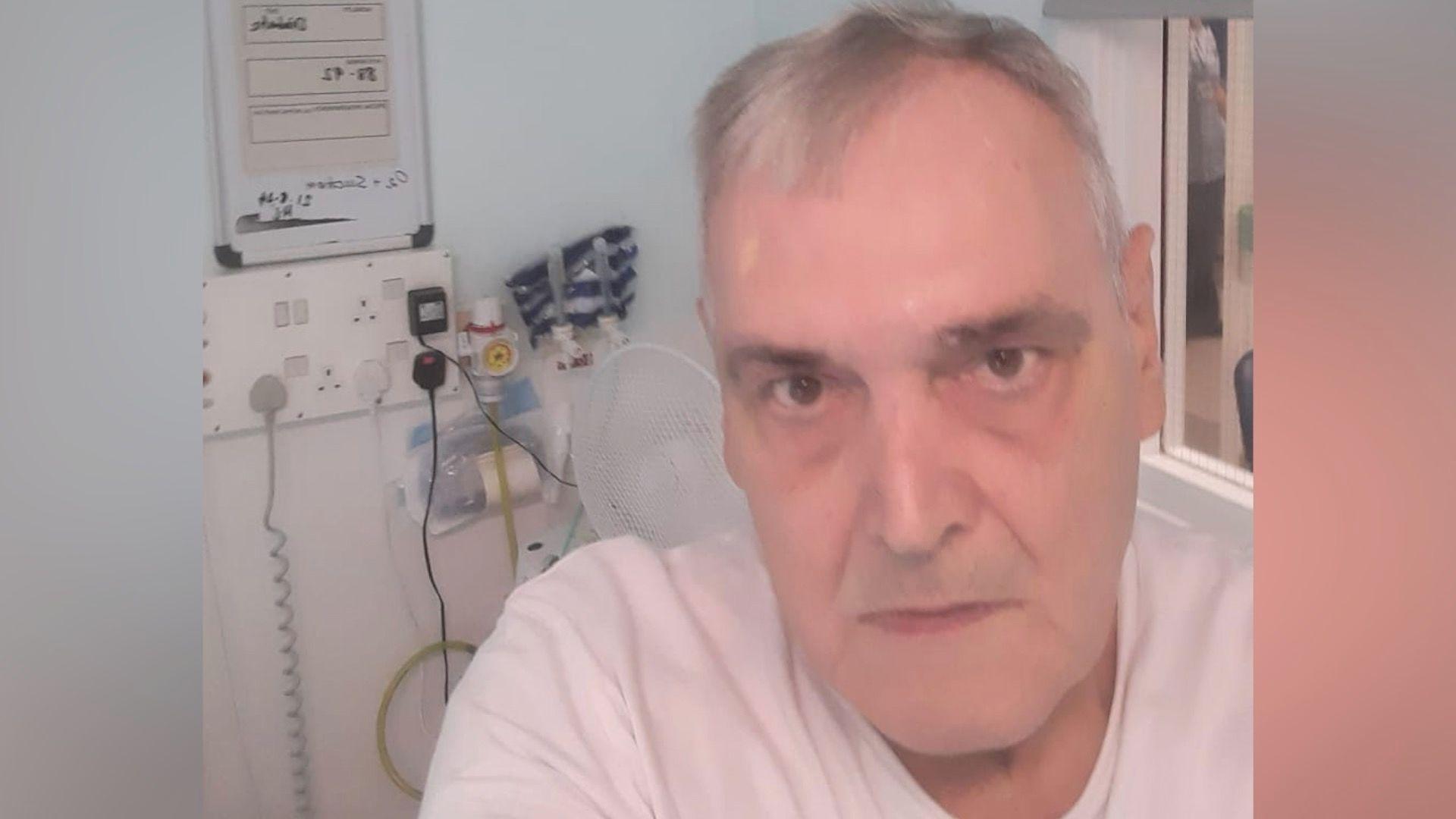
John Smith, pictured inside Colchester Hospital being discharged, said he "couldn't handle" any more
- Published
A hospital patient says strike action by Unison members is resulting in less food for patients and a “stressful” environment.
John Smith spent a fortnight in Colchester Hospital with respiratory issues, and said patients were being offered a sandwich or soup instead of an evening meal.
Non-medical members of staff - including porters, cleaners and caterers - walked out from Colchester and some other hospitals run by East Suffolk & North Essex NHS Foundation Trust [ESNEFT] on Monday, over fears that their in-house jobs could be contracted out to a private company.
Unison apologised but said staff were striking “to protect the long-term quality of the services they provide to patients".
'Treated like animals'
Mr Smith - who threatened to discharge himself before doctors said he was fit to leave on Wednesday – said the meals being given to patients were not big enough.
“I am 100kg [16 stone], I need food,” Mr Smith, 62, told the BBC, adding that he had requested extra food but did not receive any.
“We are being treated like animals, like livestock,” he said.
“It’s been a nightmare - I could have handled a day, but I can’t handle a week.”
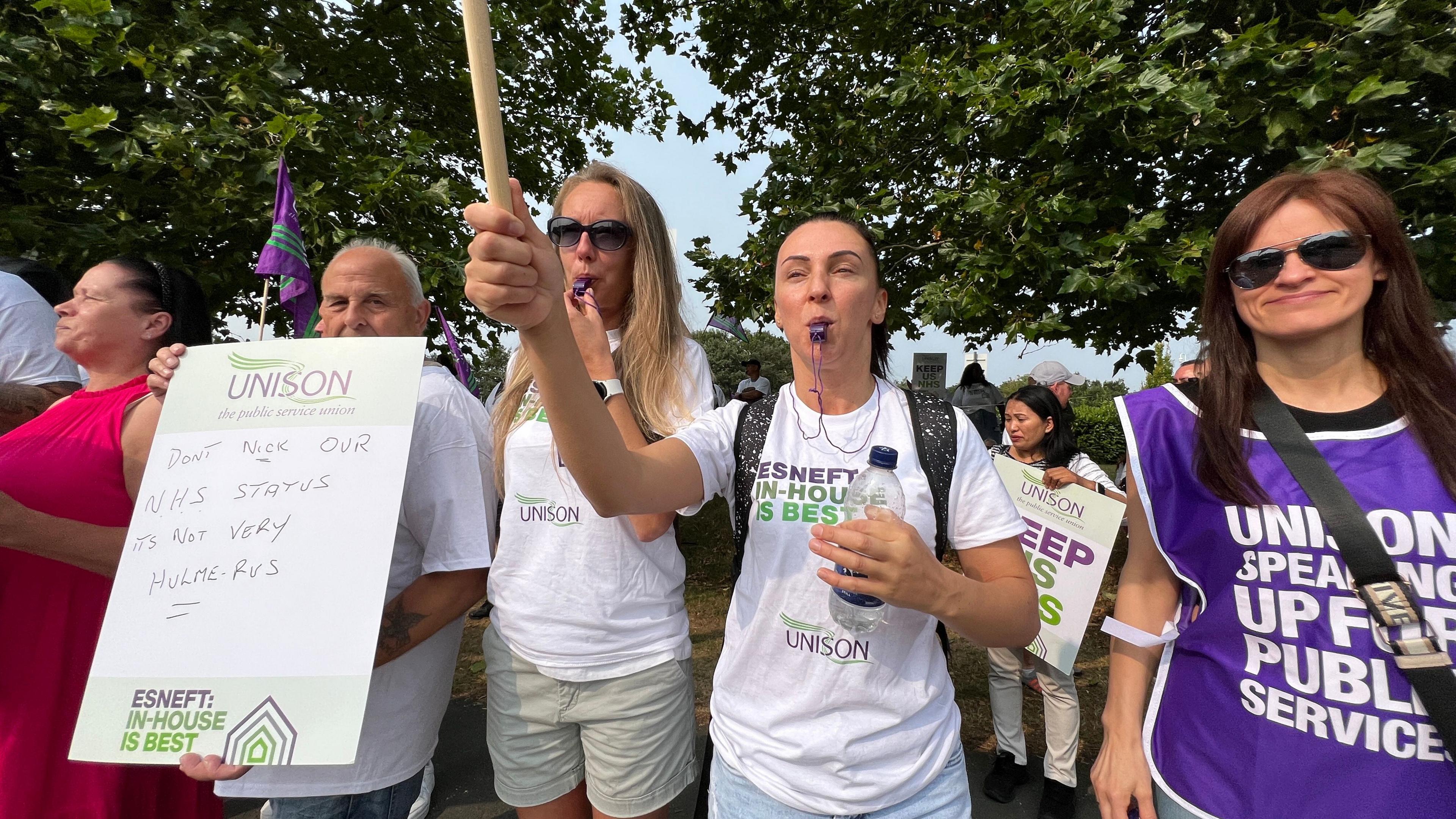
Non-medical members of staff from the Unison union started five days of industrial action on Monday
Mr Smith, who lives in the city, said the ongoing strike action was also causing stress for patients and staff.
“The nursing staff are doing the jobs of the people that are out on strike,” he said.
“It’s making everybody uptight; it’s getting to everyone.”
'Deeply sorry'
The public sector union's eastern regional organiser, Sam Older, said it was “deeply sorry” for the impact of the industrial action on patients, but staff were striking “to protect the long-term quality of the services they provide to patients”.
Mr Older added that the quality of hospital meals would suffer under a private company, leading to a decline in patient care.
“Add to that a two-tier workforce with morale at rock-bottom, and it’s clear that these services are better in the NHS,” Mr Older said.
Similar jobs had already been privatised at Ipswich Hospital, but Unison said strike action was taking place at community hospitals in Aldeburgh and Felixstowe in Suffolk.
Nick Hulme, chief executive of ESNEFT, said patient care and safety was “top priority” during the industrial action.
He added that the NHS trust was “disappointed” that union had gone on strike “while we are still involved in ongoing conversations with them and their members”.
The trust said that all patients were given a hot meal at least once a day – at lunchtime for the majority – with hot soup and a sandwich being offered as an evening meal.
It added that staff were also able to order additional food for any patients who needed additional nutritional support, and that staff from other roles were volunteering “to cover different shifts and duties to maintain essential services” during the industrial action.
Get in touch
Do you have a story suggestion for Essex?
Follow Essex news on BBC Sounds, Facebook, external, Instagram, external and X, external.
Related topics
- Published19 August 2024
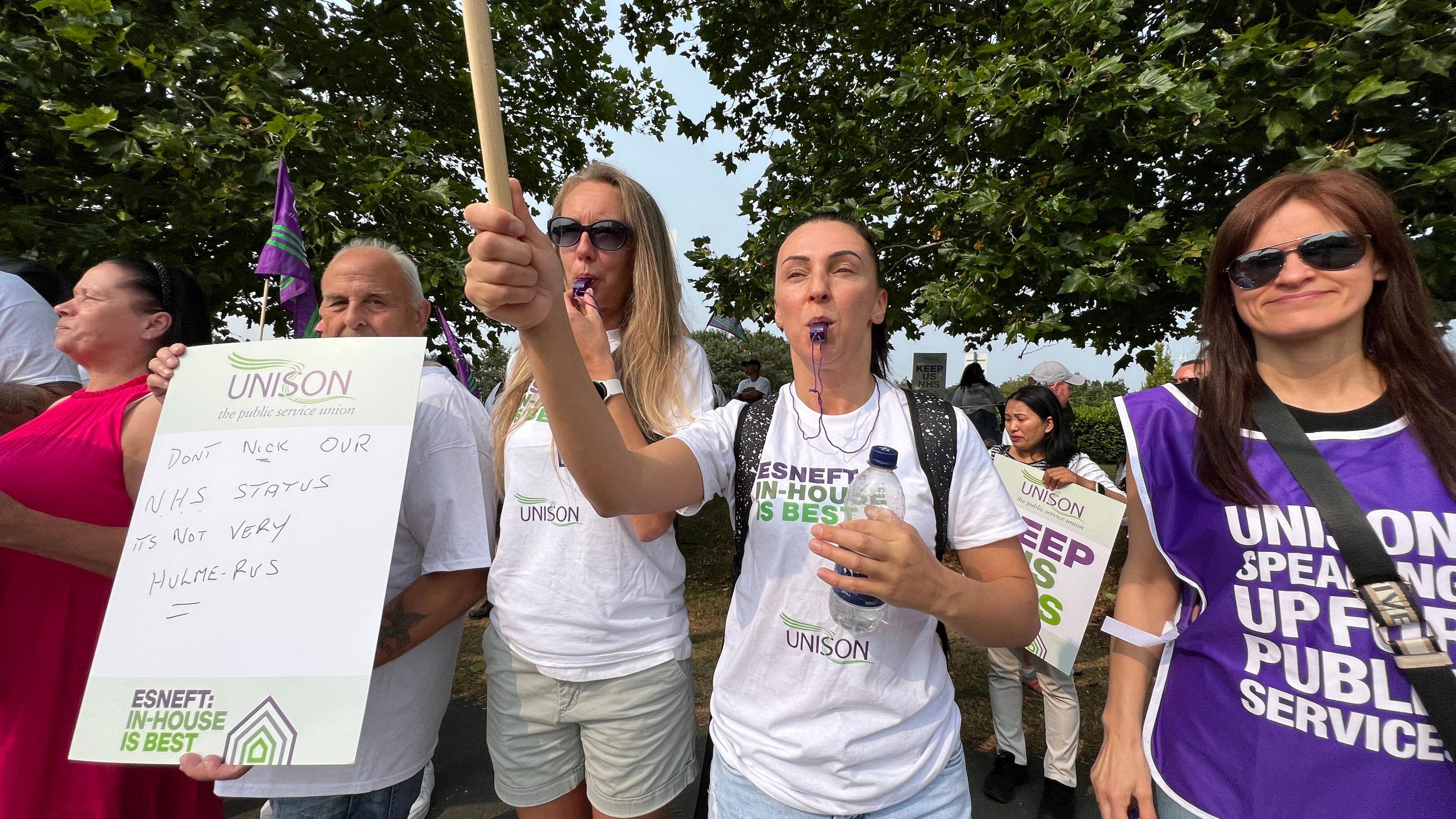
- Published5 August 2024
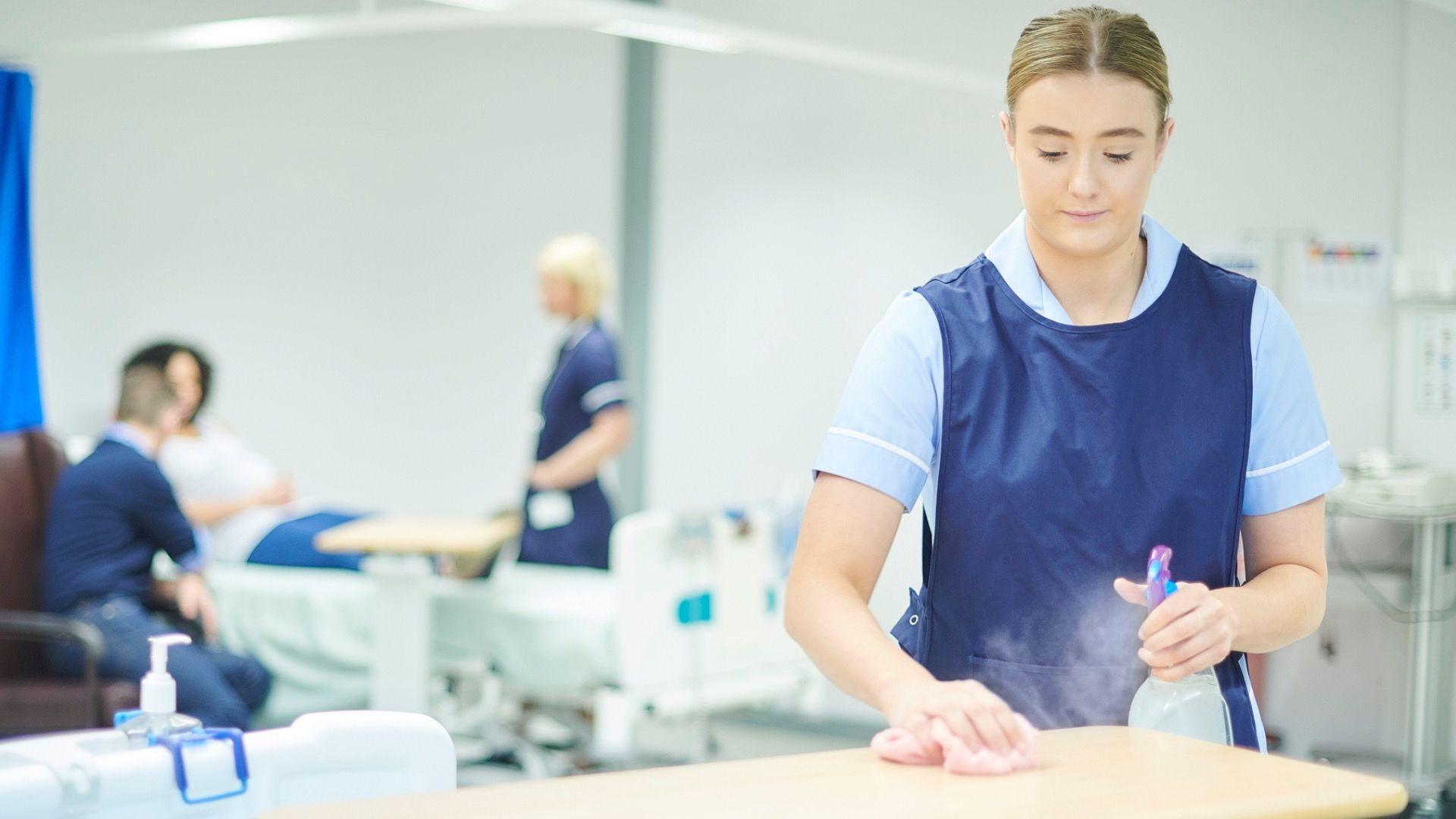
- Published5 April 2024
